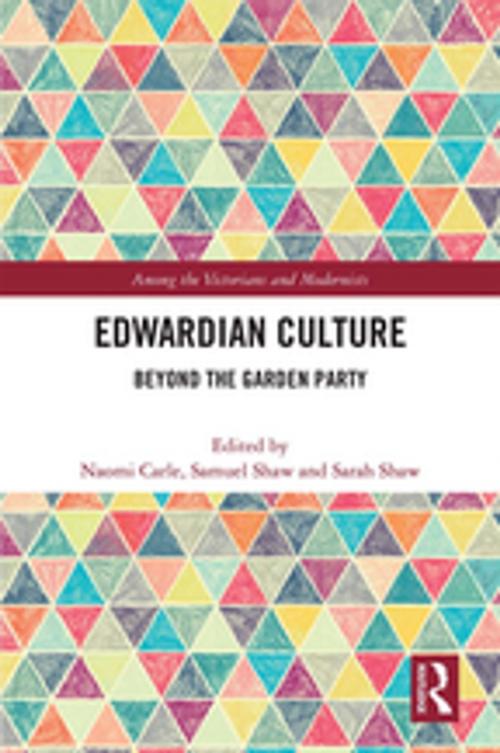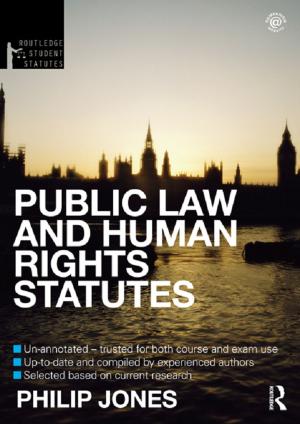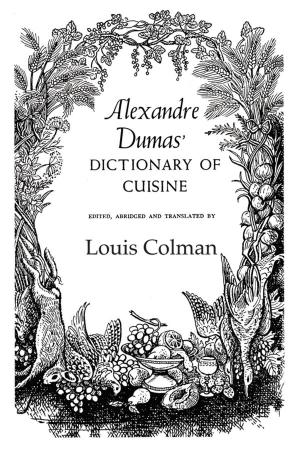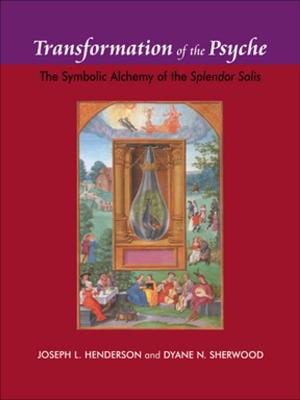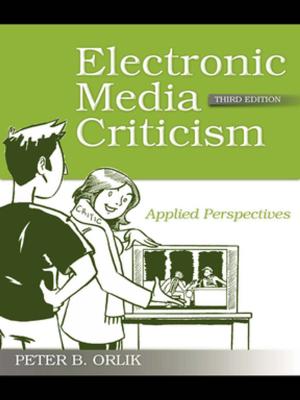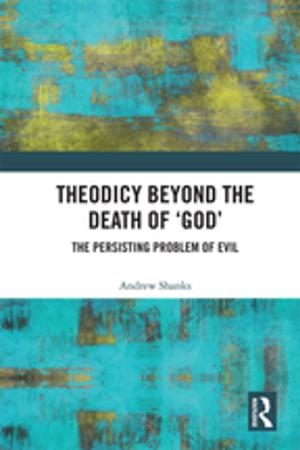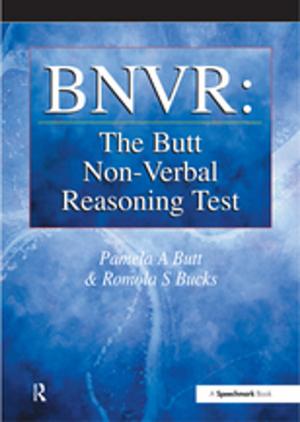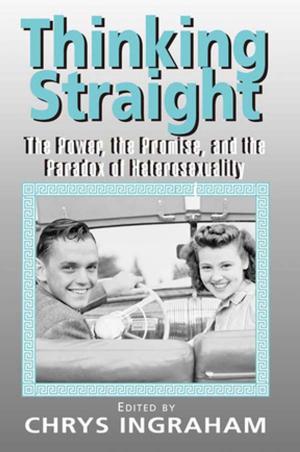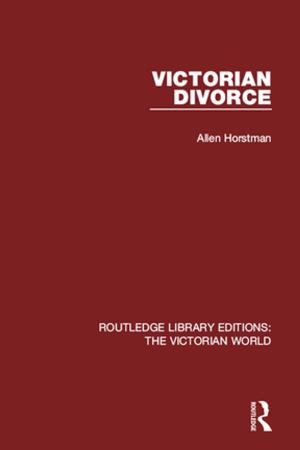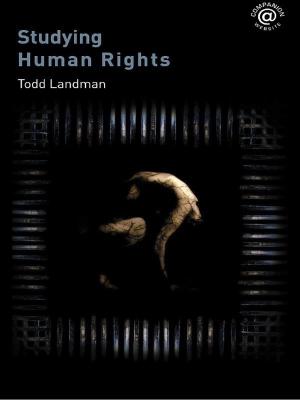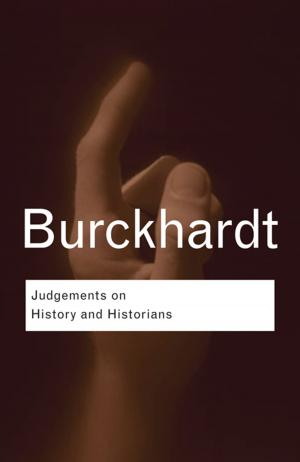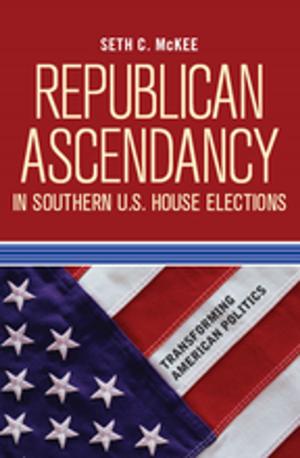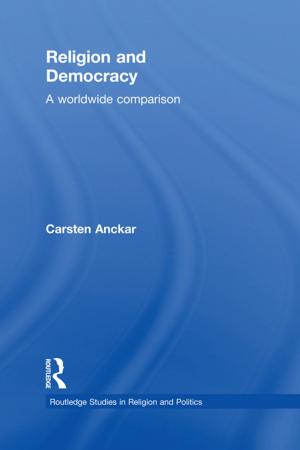| Author: | Samuel Shaw, Sarah Shaw, Naomi Carle | ISBN: | 9781351378451 |
| Publisher: | Taylor and Francis | Publication: | November 22, 2017 |
| Imprint: | Routledge | Language: | English |
| Author: | Samuel Shaw, Sarah Shaw, Naomi Carle |
| ISBN: | 9781351378451 |
| Publisher: | Taylor and Francis |
| Publication: | November 22, 2017 |
| Imprint: | Routledge |
| Language: | English |
Edwardian Culture: Beyond the Garden Party is the first truly interdisciplinary collection of essays dealing with culture in Britain c.1895-1914. Bringing together essays on literature, art, politics, religion, architecture, marketing, and imperial history, the study highlights the extent to which the culture and politics of Edwardian period were closely intertwined. The book builds upon recent scholarship that seeks to reclaim the term ‘Edwardian’ from prevalent, restrictive usages by venturing beyond the garden party – and the political rally – to uncover some of the terrain that lies between. The essays in the volume – which deal with both famous writers such as J. M. Barrie and Arnold Bennett, as well as many lesser-known figures – draw attention to the nuanced multiplicity of experience and cultural forms that existed during the period, and highlight the ways in which a closer examination of Edwardian culture complicates our definitions of ‘Victorian’ and ‘Modern’. The book argues that the Edwardian era, rather than constituting a coda to the Victorian period or a languid pause before modernism shook things up, possessed a compelling and creative tenor of its own.
Edwardian Culture: Beyond the Garden Party is the first truly interdisciplinary collection of essays dealing with culture in Britain c.1895-1914. Bringing together essays on literature, art, politics, religion, architecture, marketing, and imperial history, the study highlights the extent to which the culture and politics of Edwardian period were closely intertwined. The book builds upon recent scholarship that seeks to reclaim the term ‘Edwardian’ from prevalent, restrictive usages by venturing beyond the garden party – and the political rally – to uncover some of the terrain that lies between. The essays in the volume – which deal with both famous writers such as J. M. Barrie and Arnold Bennett, as well as many lesser-known figures – draw attention to the nuanced multiplicity of experience and cultural forms that existed during the period, and highlight the ways in which a closer examination of Edwardian culture complicates our definitions of ‘Victorian’ and ‘Modern’. The book argues that the Edwardian era, rather than constituting a coda to the Victorian period or a languid pause before modernism shook things up, possessed a compelling and creative tenor of its own.
